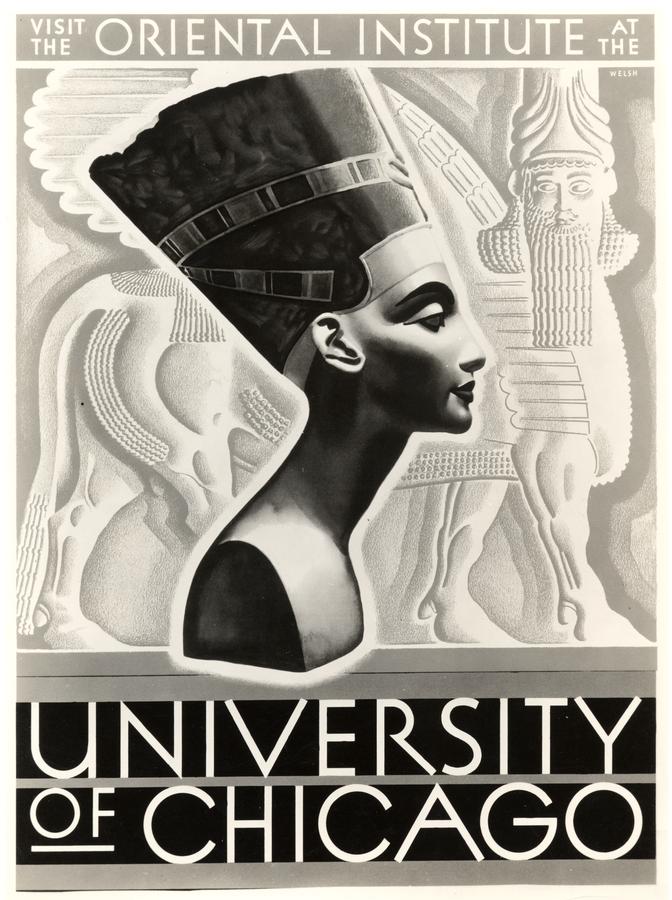March 4, 2015
The deliberate vandalism and destruction of heritage from Mosul’s Library, the Mosul Museum, and the archaeological site of Nineveh at Mosul constitute a moral and cultural outrage that adds to the growing spiral of despair from both Iraq and Syria concerning heritage, looting, and damage due to armed conflict. Without the past, we cannot understand our present, and without understanding our present, we cannot plan for our future. We hope that whatever remnants of this shattered heritage still surviving in Mosul may be salvaged and restored, but it is already clear that so much has been irreparably destroyed or looted. Mosul’s heritage is an important part of Mesopotamian civilization and the heritage of the entire world.
The Oriental Institute of the University of Chicago is a leading institution for the study of the ancient Middle East that focuses on research, heritage and knowledge preservation, and public education. Iconic artifacts from Iraq on display in the Museum of the Oriental Institute are accessible today for all to see. Many are counterparts to objects on display in the Iraq Museum, Baghdad, that come from the Oriental Institute’s excavations in Iraq. The Oriental Institute’s colossal human-headed winged bull, or Lamassu, was excavated from Khorsabad, ancient Dur Sharrukin, several miles north of Mosul. Carved in the late eighth century BC during the reign of King Sargon II (721–705 BC), it is one of the finest examples of Assyrian sculptor’s art in the world. At the site of Nineveh and in the Mosul Museum, similar sculptures have been smashed and mutilated in minutes by the Islamic State. The Oriental Institute condemns this callous eradication of the cultural treasures of Mesopotamia. We extend our deepest sympathies to the families of the people who are suffering in northern Iraq and Syria, and offer our support to the archaeological and heritage community of Iraq to help document, salvage, and restore the heritage of Mosul and other provinces of Iraq affected by looting and destruction.
We support the joint statement published by the Association of Art Museum Directors (AAMD), the Archaeological Institute of America (AIA), and the Society for American Archaeology (SAA), as well as statements from the American Schools of Oriental Research (ASOR) and The American Academic Research Institute in Iraq (TAARII).
Tuesday, March 31, 2015
Oriental Institute Statement on Cultural Destruction in Iraq
Oriental Institute Statement on Cultural Destruction in Iraq
Subscribe to:
Posts (Atom)





 Stumble It!
Stumble It!

